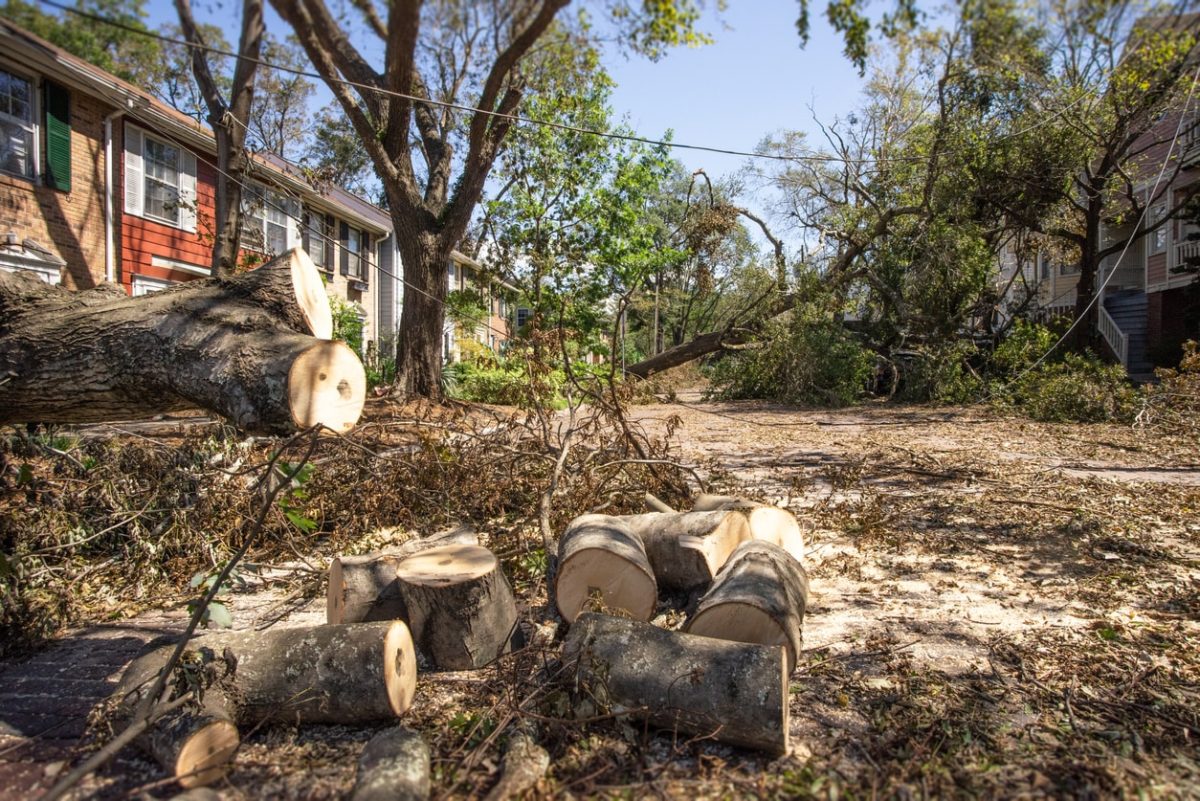Despite a relatively slow start to the 2019 Atlantic hurricane season, favorable conditions off the western African coast have begun to spawn intense storms. These storms have the potential to cause millions or even billions of dollars of damage, not to mention the lives lost by wind and flooding. Hurricane Dorian is a perfect example of a mid-season monster hurricane, packing destructive winds in excess of 170MPH as it bore down on the east coast of the United States. For the long-term care facilities in the crosshairs of hurricanes, nursing home insurance is one of the primary risk management strategies. Unfortunately, nursing homes in Florida, Georgia, and the Carolinas are woefully underprepared for hurricanes or other natural disasters.
A History of Poor Preparation
Florida stands out in the conversation about nursing homes and hurricane preparedness. The state has been the site of numerous deadly storms over its history, including two devastating Category 5 hurricanes in recent years – Irma in 2017 and Michael in 2018. Each storm caused billions of dollars in property damage and was responsible for dozens of deaths. Florida’s long history with deadly hurricanes would suggest that state residents are prepared, but the opposite is often the case. In fact, in a recent survey conducted by the Florida Agency for Health Care Administration (AHCA) showed that hundreds of the state’s nursing homes do not meet current emergency requirements implemented in the wake of Hurricane Irma.
Irma made landfall near Miami on September 10, 2017. The storm ultimately caused approximately $50 billion in damage. Irma’s destructive power led to the deaths of a dozen residents at a Miami-area nursing home; the facility lost electricity and residents become overheated, dying of heatstroke-related effects. AHCA strengthened requirements for emergency power plans in the aftermath of Irma, hoping to avoid the unnecessary deaths associated with loss of electricity. The reality is far different: over the past calendar year, nearly 300 facilities in Florida alone were fined (about 60% of all nursing homes in the state) for failing to meet regulatory requirements, including the presence of emergency generators and fuel to run those generators. Many of the offending facilities were given additional time to meet state generator requirements, but experts are worried that the burden of care will fall to counties and cities in cases of electrical outages until nursing homes finish their preparations.
Preparing for the Worst: Hurricane Action Plans
It is important for insurance agents to work closely with care facility owners and managers to develop a storm preparedness plan. Nursing home insurance is certainly the foundation of risk management, but many more steps must be factored in to protect the facility itself as well as its staff and residents.
First, facilities must adhere to all regulations regarding emergency power supplies. Typically, generators and fuel stores are mandated by state requirements, particularly in Florida. Smart facility owners may adopt redundant systems to ensure that electricity is available even when the storm is at its worst intensity.
An evacuation plan should be a fundamental part of hurricane preparedness. Facility owners must be able to move patients to safe facilities in cases of power outages, flooding, or physical damage/destruction of buildings.
Emergency preparedness plans should also include:
- Contact information for all stakeholders, including emergency services agencies, facility managers, and staff. Contact details of residents’ family members are also a great resource to have on hand.
- Thorough and complete records of individuals receiving care and the specific healthcare needs of those individuals.
- Hazard analysis of the building and its surrounding area, taking into account the vulnerabilities of the facility (flood-prone areas, fire hazards, etc.). Once identified, each of these potential hazards must be addressed.
- A detailed staff-responsibilities guidebook in case of natural disaster or another emergency. Knowing who is responsible for specific tasks and what to do in emergencies is a critical part of any plan.
While nursing home insurance is designed to cover some of the expenses associated with regulatory fines and natural disaster recovery, it is imperative that long-term care facilities address storm preparation to ensure safe environments for the patients who rely on them. By doing so, facility owners and managers can reduce or eliminate fines, which are a needless and costly expense that can interfere with the facility’s ability to provide outstanding care for residents.
About Caitlin Morgan
Caitlin Morgan specializes in insuring assisted living facilities and nursing homes and can assist you in providing insurance and risk management services for this niche market. Give us a call to learn more about our programs at 877.226.1027.


